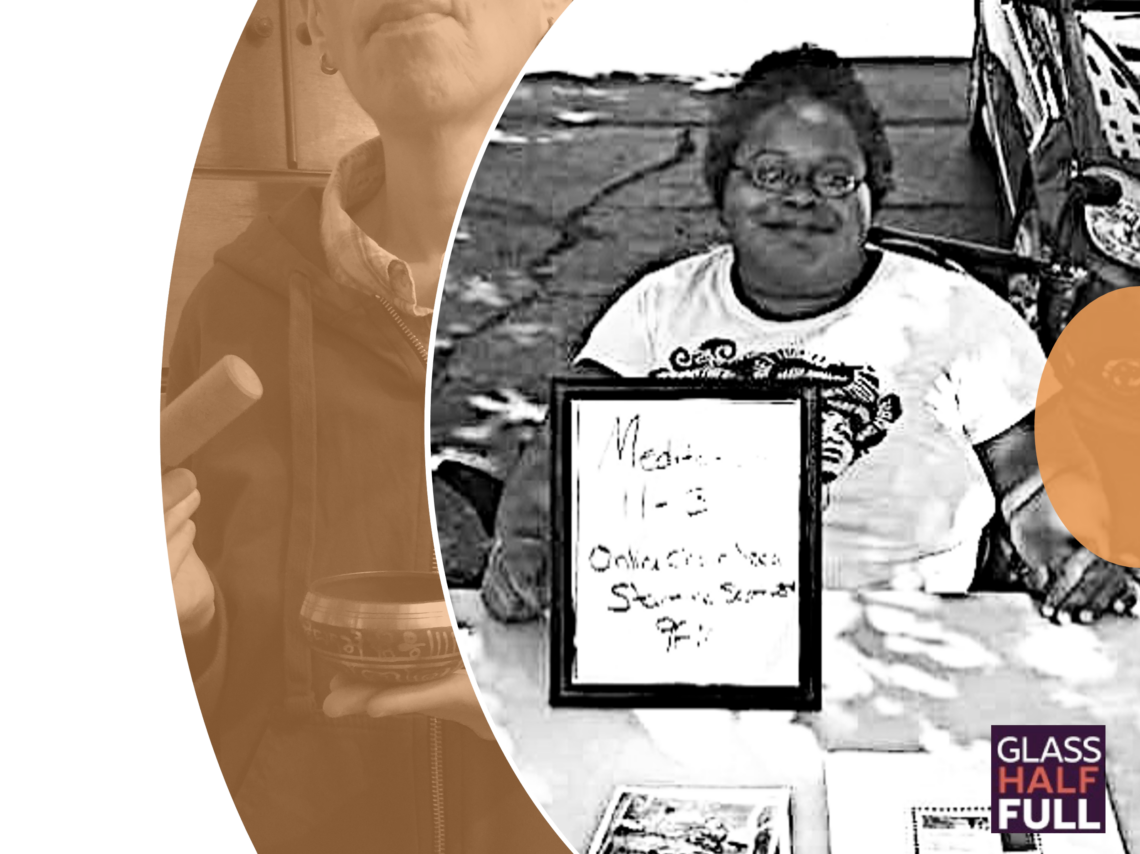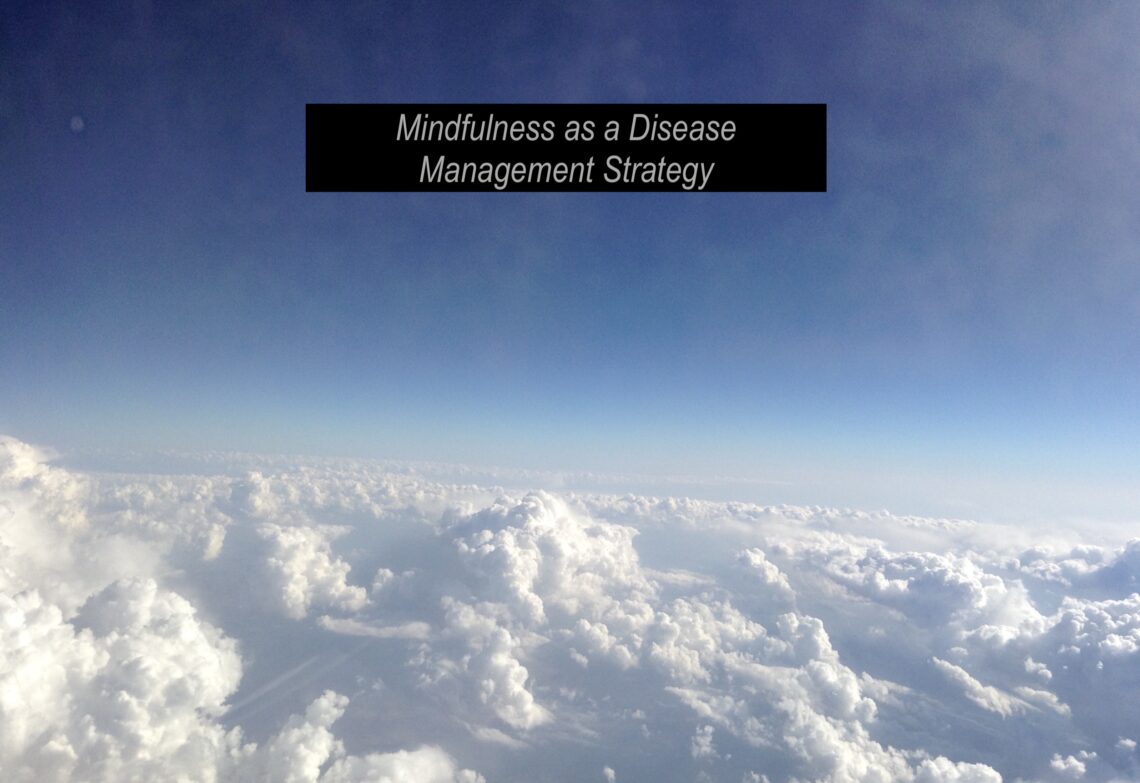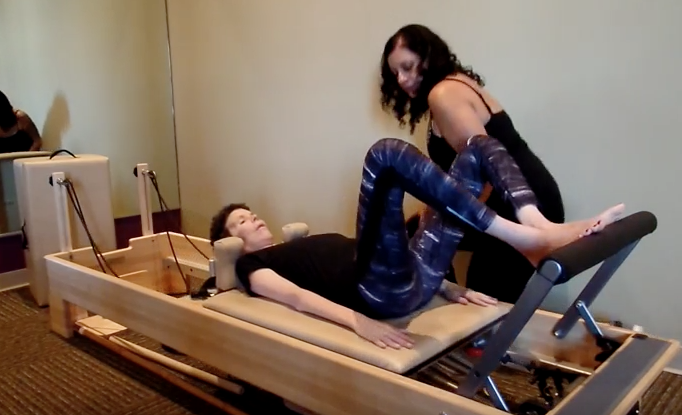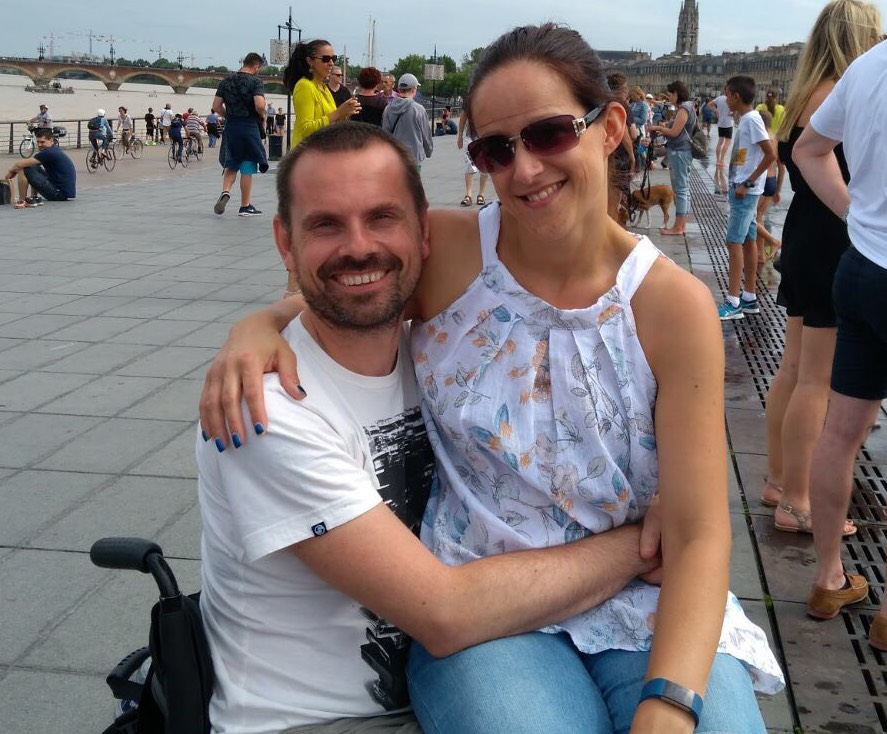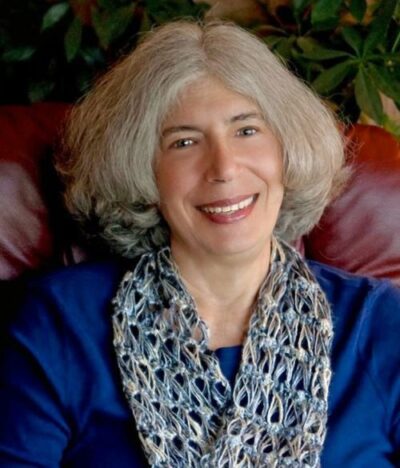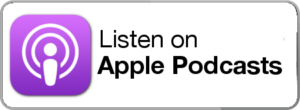A contemplative practice includes meditation, prayer, mindfulness, yoga, tai chi or qigong, journaling or anything that helps ground you. Some people use affirmations while others use music to help them ease into a more tranquil…
Taking a Break
- May 18, 2020
- Tagged as: anxiety, coronavirus, COVID-19, exercise, healing, health, laughter, meditation, mindfulness, movement therapy
Well, not really. No podcast episodes for the month of May due to a very bad computer. Naughty as heck. She/he could have reminded me of their age (6 years!) and I would have paid…
Being diagnosed with a chronic, debilitating disease can certainly bring stress to one’s life. In fact, that stress can be significant enough to be called trauma. How one handles this stress varies. Some people have…
Pilates: Core Strength, Alignment, Pain Relief, and Neural Reconnection
- October 6, 2019
- Tagged as: breath awareness, core muscles, exercise, Feldenkreis, foot drop, Franklin Method, hip, independence, mindfulness, movement therapy, myotonic dystrophy, neural connectivity, pain, Parkinson's disease, physical therapy, Pilates, proprioception, PTSD, scoliosis, trauma, yoga
Practicing Pilates can be done on a mat or with any number of devices such as the Reformer. Shannon Knorr, a yoga and Pilates instructor, talks about therapeutic Pilates to help with body alignment, pain…
Sometimes I see Facebook posts from high school classmates reminiscing about the “good old days.” I did have some unbridled fun back then but I far prefer my adulthood. Even with a chronic health condition….
Gareth Walker, in northern England, works as a police officer and has progressive multiple sclerosis. His daily practice of mindfulness meditation enables him to navigate the physical and emotional difficulties of living with a chronic…
Author Toni Bernhard was a law professor for 22 years at UC-Davis until she had to retire due to a viral infection which evolved into a chronic debilitating illness. In this episode Toni talks about…
